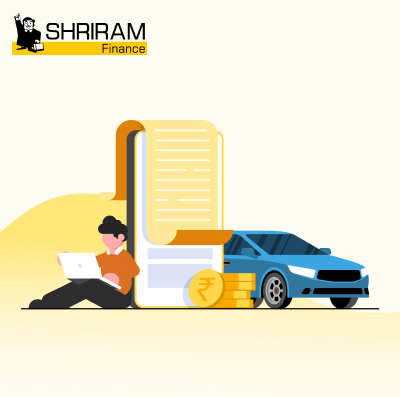Selecting a used vehicle for your dairy farm requires careful consideration of reliability, durability, and total cost of ownership. Matching the vehicle’s capabilities to your farm’s operational needs is essential for long-term value. With some research and assessment, you can find the right used truck, utility vehicle, or other farm equipment to meet your operational needs and long-term budget. Here are some essential used vehicle tips for dairy farm owners to consider when selecting a pre-owned vehicle for your dairy.
Used Vehicle Tips for Dairy Farm
Below are some of the essential used vehicle tips for dairy farm owners that should be considered, before applying for a used vehicle:
1. Type of Vehicle
The type of vehicle you need largely depends on your intended purposes on the farm. Most dairy farms require a sturdy pickup truck or utility vehicle that can withstand heavy loads, dirt roads and changing weather. Sturdy pickup trucks or utility vehicles are commonly used on dairy farms for transporting equipment, feed, and supplies. For specific tasks, consider whether you need an enclosed cargo area, four-wheel drive for rough terrain, or specialised vehicles like tractors or UTVs. Make sure to choose a vehicle big enough to carry whatever and whoever you need to transport around your property.
An enclosed cargo area is preferable for easily loading supplies. Four-wheel drive or all-wheel drive may provide better traction in mud or snow. Other common dairy farm vehicles are tractors, ATVs and utility task vehicles (UTVs). Each serves different on-farm jobs. Think through your needs to select the vehicle type or mix of vehicles that you use the most.
2. Age and Mileage
When buying used farm vehicles in India, consider both age and mileage. Newer models under 5 years old with under 50,000 km often need fewer repairs. However, older vehicles can cost much less upfront. Calculate total ownership costs over the years that you plan to operate it. An older truck costing ₹5 lakh may need ₹3 lakh in maintenance over 5 years, while a newer one costing ₹15 lakh may need minor or fewer repairs.
Always inspect older vehicles thoroughly and review maintenance records when possible. Well-maintained vehicles can last longer despite age or mileage. Choose the vehicle that best fits your budget and expected repair costs.
3. Inspections and Records
Arrange for a professional mechanic to inspect the vehicle and request detailed maintenance records. These records not only reveal how well the vehicle was maintained but also support future resale value and compliance with farm safety standards. While test driving, listen closely for any troubling sounds from the engine, transmission, suspension or other mechanical systems.
Check fluid levels and general engine operation. Examine the chassis, frame and undercarriage for structural issues or corrosion, especially on trucks. Carefully inspect the interior and exterior of the body for damage or other wear and tear. If buying vehicles from certain regions, look for flood damage. Schedule a pre-purchase inspection with a trusted mechanic to identify any problems.
This small upfront investment could save a lot of money in the future. If possible, request maintenance and repair records from the previous owner. These provide helpful insight into past issues, the regularity of oil changes and tune-ups, and what previous owners fixed or replaced. Carefully maintained fleet or farm trucks are often a smart buy for a subsequent farm owner.
4. Test Drives
Used farm trucks, tractors, and other equipment require lengthy, thorough test drives before purchase. Take at least 20-30 minutes to drive the vehicle on roads similar to farm conditions and thoroughly examine functionality. Listen and feel for proper engine performance and gear shifting. Test braking ability at various speeds, especially on inclines.
Examine steering for responsiveness by navigating turns and curves. Run the lights, signals, wipers, electronics and outlets to verify operation. Check the tyre tread depth and pressure. Inspect the hitch system and hauling capability if it is a truck.
A tractor test drive enables inspection of loader operation, hydraulics, braking and steering under load and more. Make sure the implements easily connect and run properly. Essentially, the test drive process allows you to understand the overall mechanical condition of a used farm rig while test loading it, which will be required to handle farm work. Take time on various road surfaces to uncover any issues. Take your time and don’t rush the test drive when buying important farm equipment.
Conclusion
Selecting durable and reliable used trucks, tractors or utility vehicles suited for dairy farm work requires careful inspection of age, condition, mechanical operation and maintenance records. Test drives should simulate real-world hauling and loading conditions to evaluate performance.
Buying a second-hand vehicle for your dairy farm is not without its challenges, but taking the time to check its condition, look over past service records, and test it on the kind of roads you use daily can make all the difference. Prioritise vehicles that are known to be dependable and fit for your day-to-day farm work. It’s also worthwhile to speak with several banks or NBFCs about loan options, so you can choose a repayment plan that fits your cash flow and business needs.
































